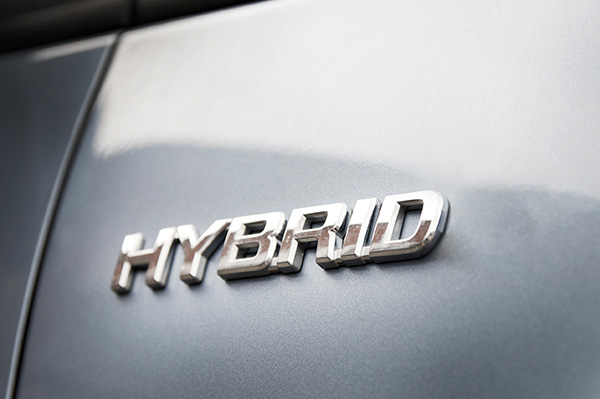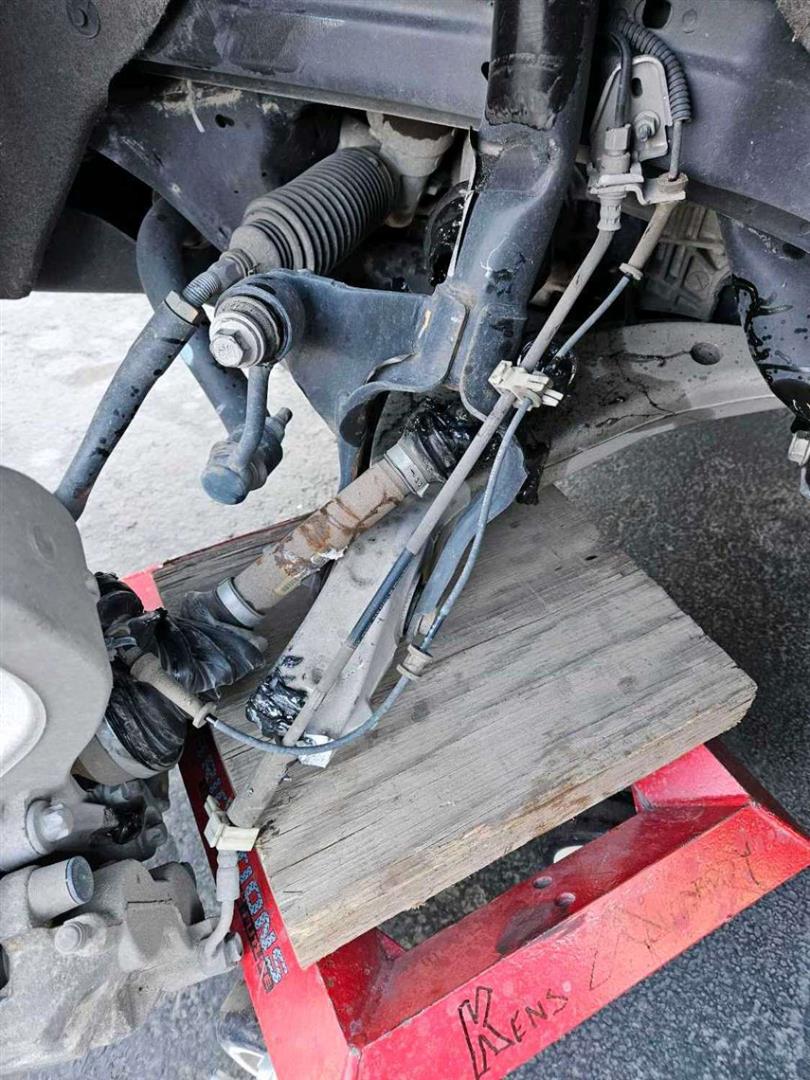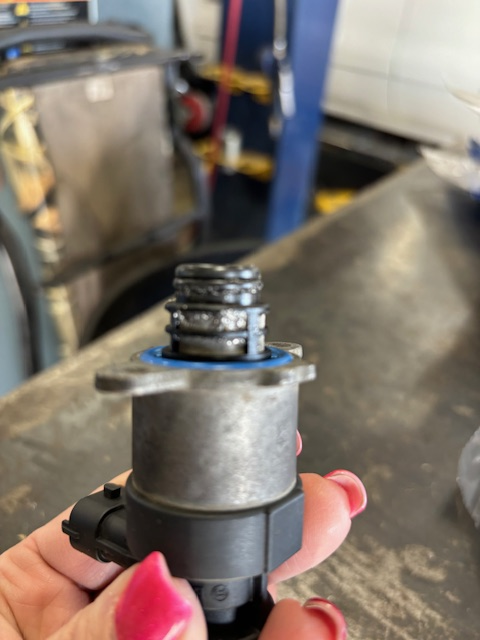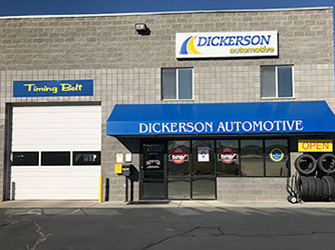Posted on 3/27/2024

In a world where sustainability is becoming increasingly important, hybrid cars have emerged as a compelling option for environmentally conscious drivers. With their ability to reduce emissions and decrease reliance on fossil fuels, hybrids represent a significant step towards a greener future. Pros of Hybrid Cars Hybrid cars are well-known for their impressive fuel efficiency, thanks to their combination of gasoline engines and electric motors. Hybrids offer significant savings at the pump by seamlessly switching between power sources, making them an attractive option for budget-conscious drivers. Additionally, their reduced emissions contribute to a cleaner environment, making them a popular choice for eco-minded individuals. Cons to Consider While hybrid cars offer numerous advantages, they also come with their own set of drawbacks. One significant consideration is the upfront cost, as hybrid vehicles typically carry a higher price tag com ... read more
Posted on 3/20/2024

Are you on the hunt for a new vehicle but wary of long-term expenses? Your quest for the most economical vehicle to own ends here! We've conducted extensive research to guide you towards finding the most budget-friendly option. From initial purchase price to ongoing maintenance and fuel efficiency, let's delve into the key factors that shape a financially prudent ownership experience. 1. **Budget-Friendly Purchase Price:** When seeking the most economical vehicle for ownership, kickstart your search with the initial purchase price. According to insights from Car and Driver, models like compact cars and entry-level sedans often boast reasonable price tags, striking a balance between upfront cost and long-term value, making them an optimal choice for budget-conscious shoppers. 2. **Fuel Efficiency:** Among the primary ongoing expenses of vehicle ownership lies fuel costs. Car and Driver's evaluations emphasize the importance of prioritizing vehicles with ste ... read more
Posted on 3/13/2024

Do you hear an annoying squeaking noise every time you turn the steering wheel of your car? It's a common issue that many drivers experience, but the source of the squeak can vary depending on several factors. Understanding why your car squeaks when you turn can help you address the problem effectively and ensure a smoother driving experience. Let's delve into some potential causes and solutions for this frustrating issue. 1. Worn or Dry Suspension Components One of the primary culprits behind squeaking noises when turning is worn or dry suspension components. Over time, components such as ball joints, control arm bushings, sway bar bushings, and tie rod ends can wear out or accumulate dirt and debris, leading to friction and squeaking sounds. Inspecting these components for signs of wear and lubricating them with appropriate lubricants can often resolve the issue. 2. Struts or Shocks Worn or damaged struts or shocks can also cause squeakin ... read more
Posted on 3/6/2024

The CP4 fuel pump, a vital component in contemporary diesel engines, has gained significant attention lately due to its susceptibility to failure. It's imperative for diesel vehicle owners to grasp the causes, symptoms, and remedies associated with CP4 fuel pump failures to avert expensive repairs and potential engine harm. Let's delve into this subject to illuminate CP4 failures and effective methods to tackle them. Understanding CP4 Fuel Pump: The CP4 fuel pump, an abbreviation for Cam-Driven High-Pressure Fuel Pump, represents a common high-pressure fuel pump type in modern diesel engines. Its role is pivotal, ensuring precise delivery of pressurized fuel to the fuel injectors for optimal combustion timing. Unlike its predecessor, the CP3 pump, the CP4 integrates the camshaft into its design, rendering it more compact and lightweight. Causes of CP4 Fuel Pump Failures: Various factors contribute to CP4 fuel pump failures, including ... read more
Posted on 2/28/2024

In recent years, the concept of mobile auto repair services has gained popularity among car owners looking for convenience and flexibility. While these services offer advantages such as on-the-spot repairs and time-saving benefits, there are several drawbacks that consumers should consider before opting for a mobile mechanic. In this blog post, we will explore some of the disadvantages of using a mobile auto repair service. 1. Limited Equipment and Tools: One of the main drawbacks of mobile auto repair services is the limited equipment and tools that a mobile mechanic can carry. Unlike traditional auto repair shops that have specialized tools and equipment for various types of repairs, a mobile mechanic may not have access to all the tools needed for complex or specialized repairs. This limitation can result in delays and incomplete repairs, leading to additional costs and inconvenience for the car owner. 2. Lack of Proper Facilities: Another disadvantage of using a mobile auto repai ... read more